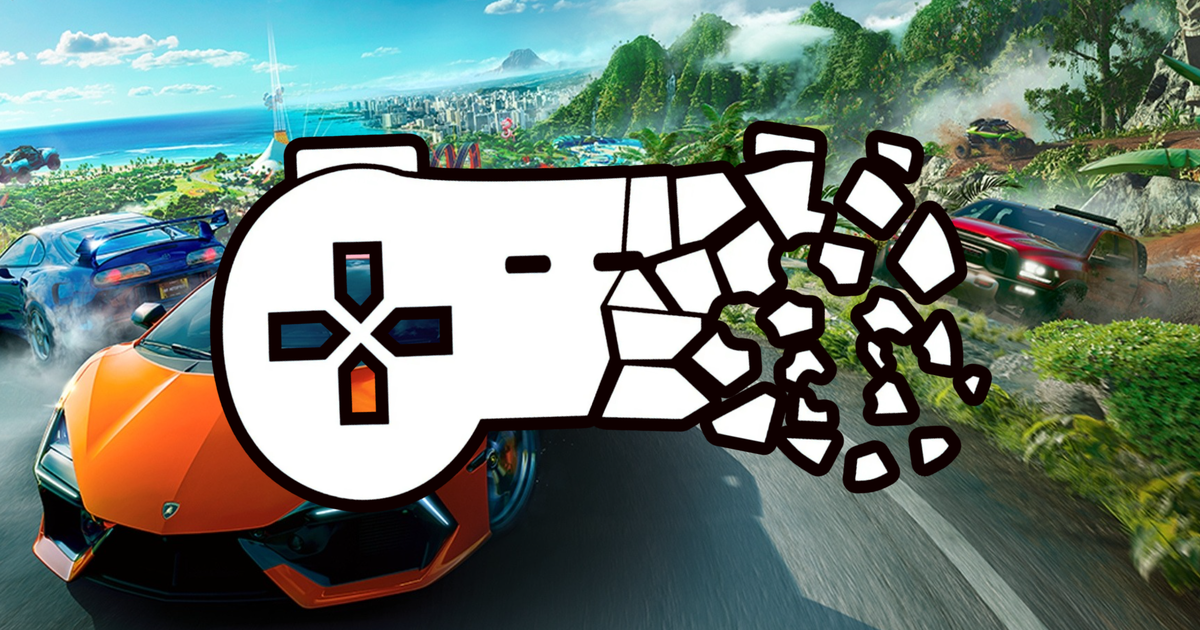Ubisoft’s own shareholders demand response to the Stop Killing Games consumer movement

Ubisoft’s own shareholders have directly challenged the publisher to respond to the huge swell of support behind Stop Killing Games – a consumer movement generated by Ubisoft’s decision to take The Crew offline last year.
Stop Killing Games was launched last April by Accursed Farms YouTuber Ross Scott, calling upon video game fans around the world to petition their local governments regarding the increasingly common occurrence of purchased games becoming unplayable due to publisher actions.
The games preservation movement was motivated by Ubisoft’s decision to shut down open-world racer The Crew’s servers last March, preventing access to both its multiplayer and single-player content due to its always-online nature. More controversy followed shortly after, when the publisher began revoking customers’ licenses to the game, permanently removing it from their libraries and preventing hopes of resurrecting it through private servers.
“Regarding the petition, we operate in a market,” Ubisoft CEO Yves Guillemot said, as noted by Game File (paywalled) and spotted by GamesRadar+. “And, whenever we release a game, we provide a lot of support for that game. We also provide a lot of services to make sure that the game is accessible and remains playable 24/7.”
Guillemot suggests the publisher already provides “information regarding the game and how long the game can be played”, and pointed out it also adds an “online connection required” warning to the front of its boxed products as well as explain that the company can “cancel access to one or more specific online features upon a 30-day prior notice” in the fine print.
Guillemot also told shareholders it offered “a one-Euro fee proposed to all buyers of the game. For just one Euro they got to buy the next version.” As Game File points out, this appears to be in reference to a sale last year that briefly sold The Crew 2 for $1/€1.
“This kind of issue is not specific to Ubisoft,” Guillemot added. “All video game publishers are faced with that issue. You provide a service, but nothing is written in stone, and at some point, the service may be discontinued. Nothing is eternal. And we are doing our best to make sure that things go well for all players and buyers, because obviously, support for all games cannot last forever.”
“The lifespan of a piece of software, whenever there’s a service component, eventually services may be discontinued, because eventually the software may become obsolete over time,” Guillemot concluded. “A lot of tools become obsolete 10 or 15 years down the line. They’re no longer available. And that is why we release a new version. And so we have version two and then version three. But clearly this is a far-reaching issue, and we’re working on it.”
Gulliemot’s response, however, feels a tad simplistic, as never-ending access to a game isn’t what the Stop Killing Games movement is actually asking for.
“We are in favor of publishers ending support for a game whenever they choose,” the FAQs explain. “What we are asking for is that they implement an end-of-life plan to modify or patch the game so that it can run on customer systems with no further support from the company being necessary. We agree that it is unrealistic to expect companies to support games indefinitely and do not advocate for that in any way. Additionally, there are already real-world examples of publishers ending support for online-only games in a responsible way, such as: Gran Turismo Sport and Knockout City.”
As Matt recently summarised for us, the consumer-driven initiative is demanding games publishers leave their titles in a playable state once support is terminated, and it’s already surpassed 1m signatures. Last week, EU industry body Video Games Europe – which represents the likes of Ubisoft, Take-Two, Warner Bros., Riot Games, Activision Blizzard, Microsoft, and Nintendo – weighed in, insisting the initiative’s proposals would make games “prohibitively expensive to create”.
Meanwhile, Stop Killing Games’ official UK petition has surpassed over 150K signatures, meaning it must now be considered for debate in parliament, despite the government’s earlier response that it had “no plans to amend UK consumer law on disabling video games”.



